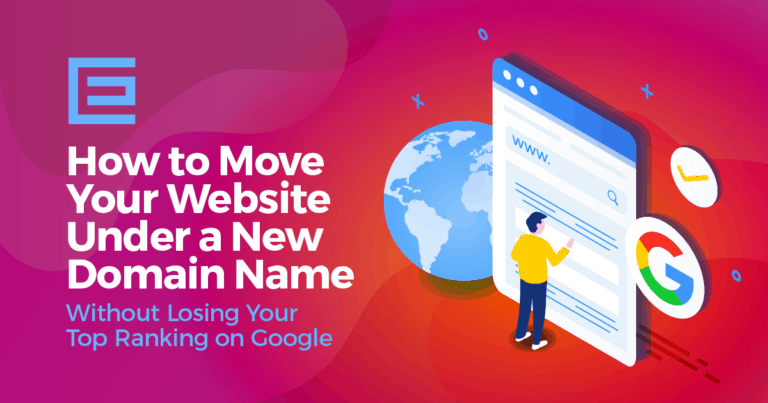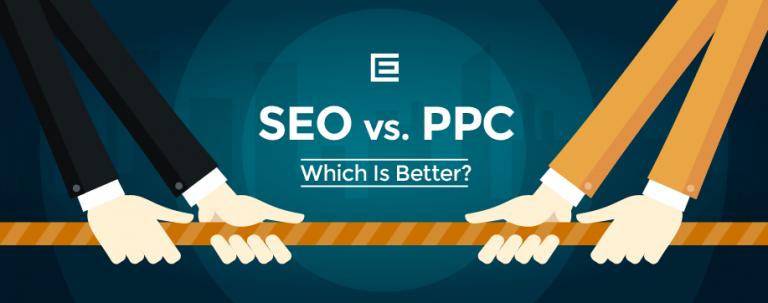Information Google Collects
Google makes the statement “We collect information to provide better services to all of our users – from figuring out basic stuff like which language you speak, to more complex things like which ads you’ll find most useful or the people who matter most to you online.” So what information are they collecting exactly? Some of the data include:- Personal Information – a user’s name, email address, and telephone number.
- Device Information – device-specific information such as what type of computer the user is logging into their account from, the device’s operating system version, and mobile network information.
- Log Information – when someone uses Google services or views content provided by Google, they automatically collect details such as search queries; telephone log information like phone number, time and date of calls, duration of calls; device event information such as crashes, system activity, hardware settings, browser type, browser language; and cookies that uniquely identify browsers and Google Accounts.
- Location Information – location enabled Google services process information about the user’s actual location from GPS signals sent by a mobile device or sensor data from the user’s device that may provide information on nearby Wi-Fi access points and cell towers.
- Cookies and Anonymous Identifiers – Google uses cookies and anonymous identifiers when you interact with services we offer to our partners, such as advertising services or Google features that may appear on other sites.
What This Means for Businesses
Approximately 70% of Google users worldwide are logged into their Gmail or Google+ accounts when they enter a search. That means a majority of a business’s online audience will see search results differently. The placement of a business website will vary according the user’s personalized search.- Pro: It will be easier to reach a target audience as searches are focused on location and demographic data.
- Con: Businesses not on the social radar, are less likely to show up at the top of search results and risk not being noticed online at all.
Are you ready for the Google update? Learn how your business can expand its social reach and get ranked in search results. Contact the internet marketing and social media experts at TheeDigital in Raleigh, NC at 919-341-8901 or schedule a consultation.
Tags: Google • Search Engine Optimization • Social Media Marketing Tips



